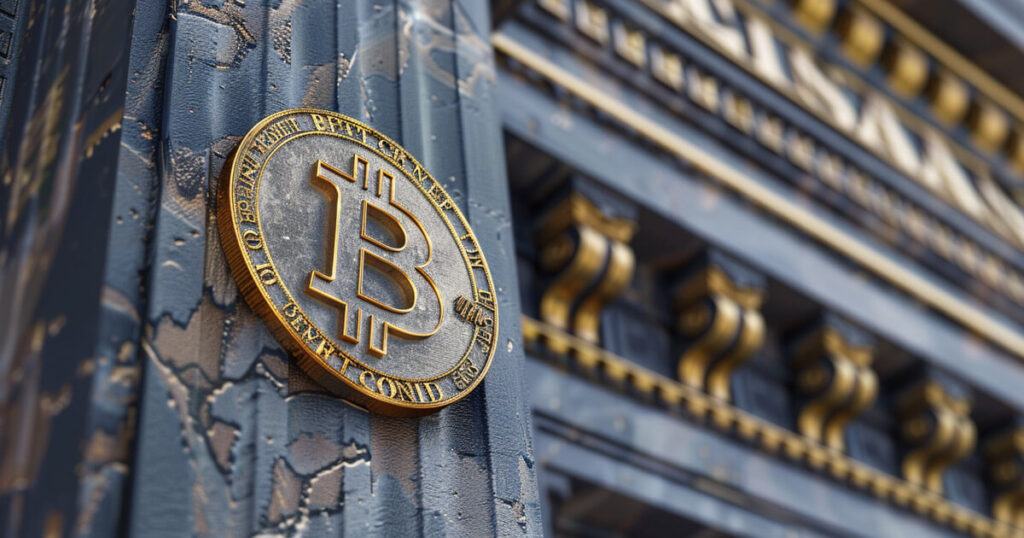The Federal Deposit Insurance Corporation (FDIC) interim Chair Travis Hill recently addressed the issue of “debanking” crypto firms during a speech in St. Louis on Jan. 10. Hill acknowledged that crypto-related businesses have been losing access to banking services without explanation, a practice that he deemed unacceptable. He emphasized that such efforts are contrary to the FDIC’s mission to reduce the number of unbanked Americans.
Hill’s comments shed light on what critics have labeled as “Operation Chokepoint 2.0,” an alleged initiative by the Biden administration to hinder the growth of the US crypto industry. He urged regulators to put an end to debanking practices and ensure that FDIC staff members do not engage in tactics that pressure banks to drop law-abiding customers.
Coin Metrics co-founder Nic Carter described Hill’s statement as a “massive sea change” at the agency and predicted significant changes to come when President-elect Donald Trump takes office on Jan. 20.
Hill also criticized the FDIC’s cautious approach to crypto, which he believes stifles innovation. He highlighted the agency’s issuance of “pause” letters to over 20 banks, instructing them to halt crypto-related activities. These actions have contributed to the perception that the FDIC is unfriendly towards blockchain and distributed ledger technologies.
In a move towards transparency, Hill called for a reset of the agency’s digital asset strategy and advocated for clear guidance on legally permissible activities. He emphasized the importance of providing timely approvals for activities that meet safety and soundness standards and suggested that the FDIC modernize its policies to keep pace with the evolving financial landscape.
The interim chair also addressed compliance challenges under the Bank Secrecy Act (BSA), noting that banks often resort to account closures to avoid penalties for inadequate compliance, exacerbating the debanking issue. Hill called for a reevaluation of the BSA regime to ensure that it does not inadvertently harm law-abiding customers.
As the FDIC prepares for a leadership transition, Hill stressed the need for a balanced approach to bank supervision, particularly in relation to innovation and technology adoption. He expressed optimism that the agency could strike a better balance in the coming months by revitalizing its innovation lab, FDiTech, and fostering greater collaboration between regulators and the fintech industry.
Overall, Hill’s remarks signal a potential shift in the FDIC’s stance towards crypto-related businesses and a commitment to fostering innovation while upholding safety and soundness principles.

